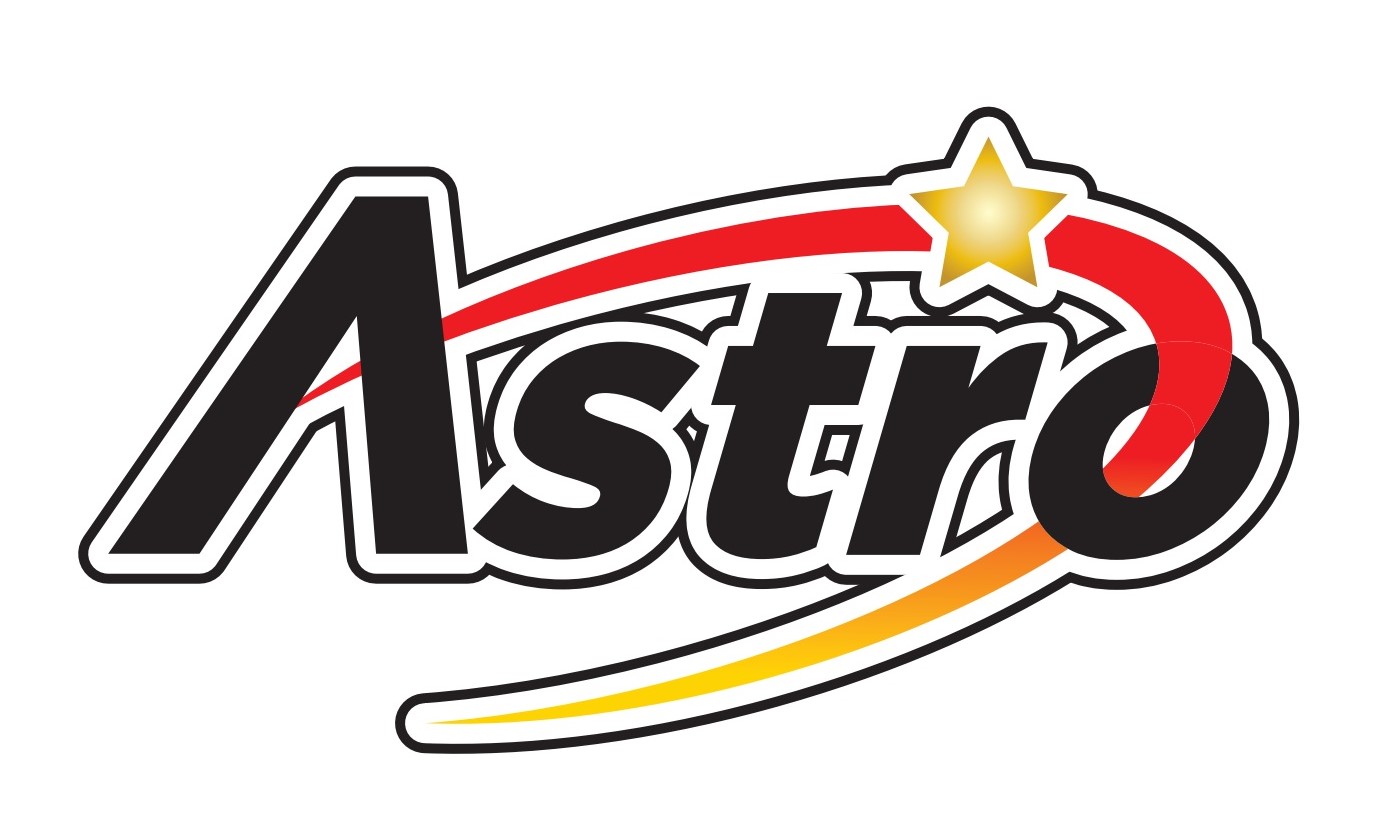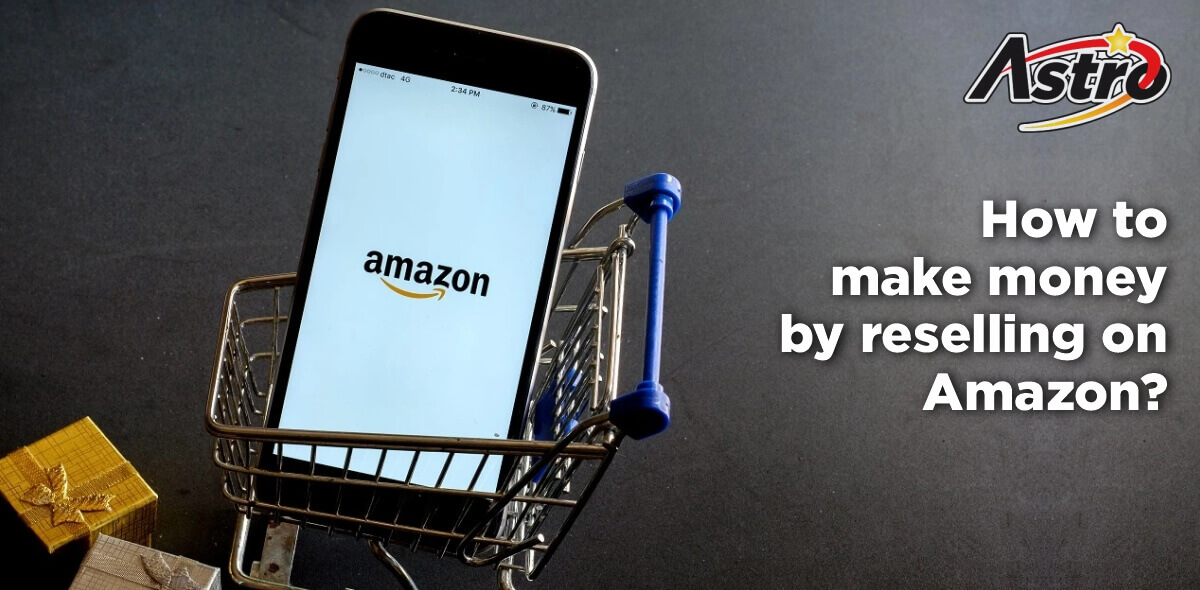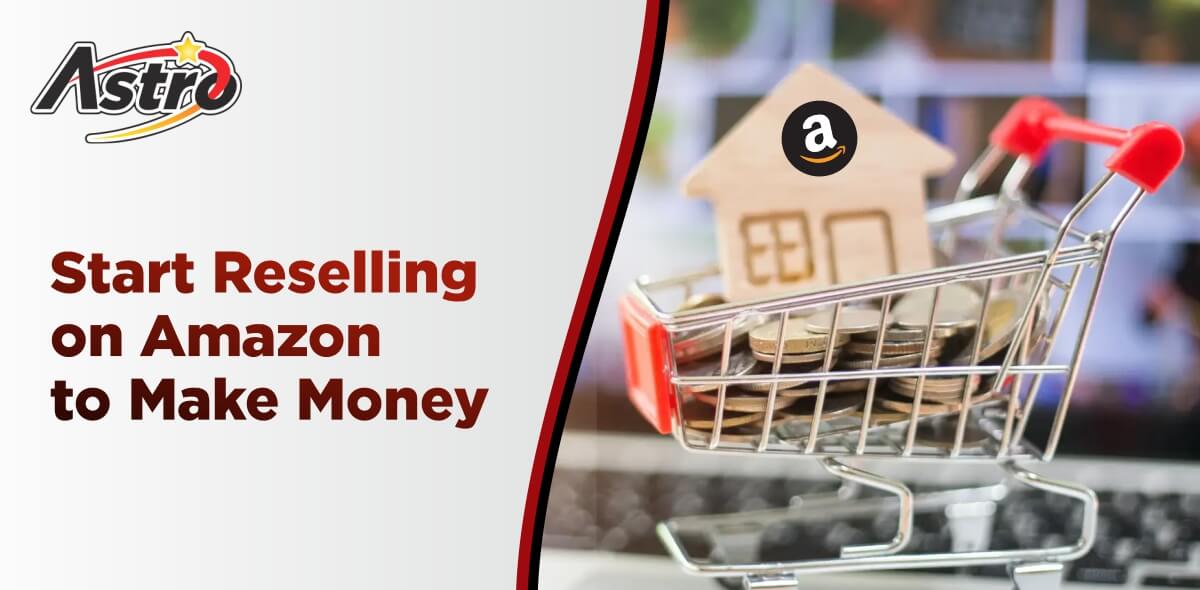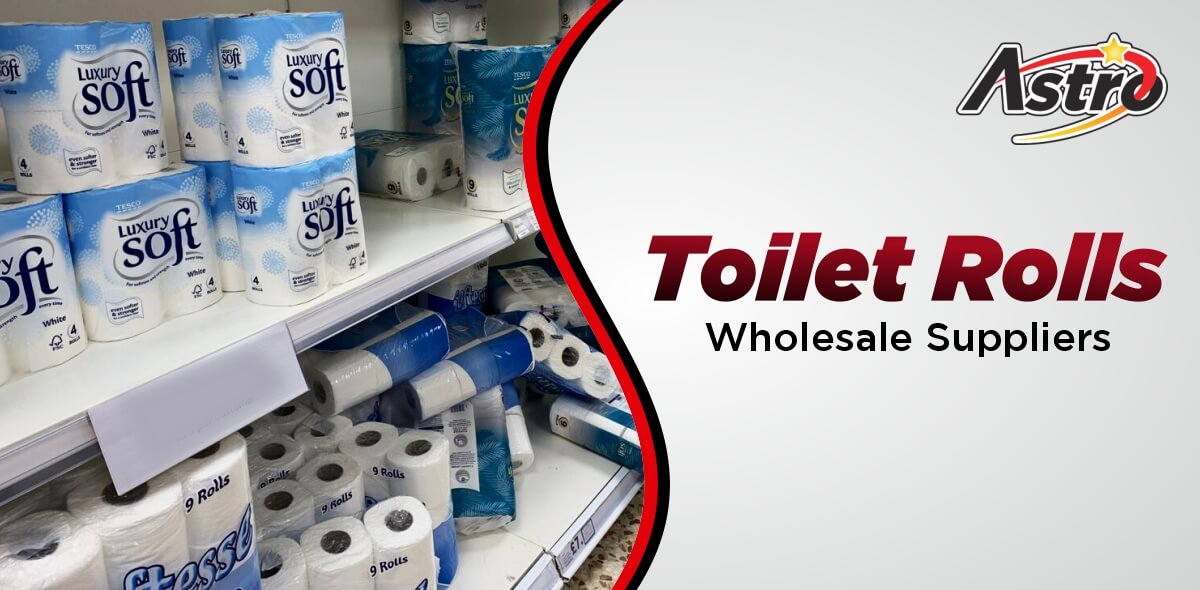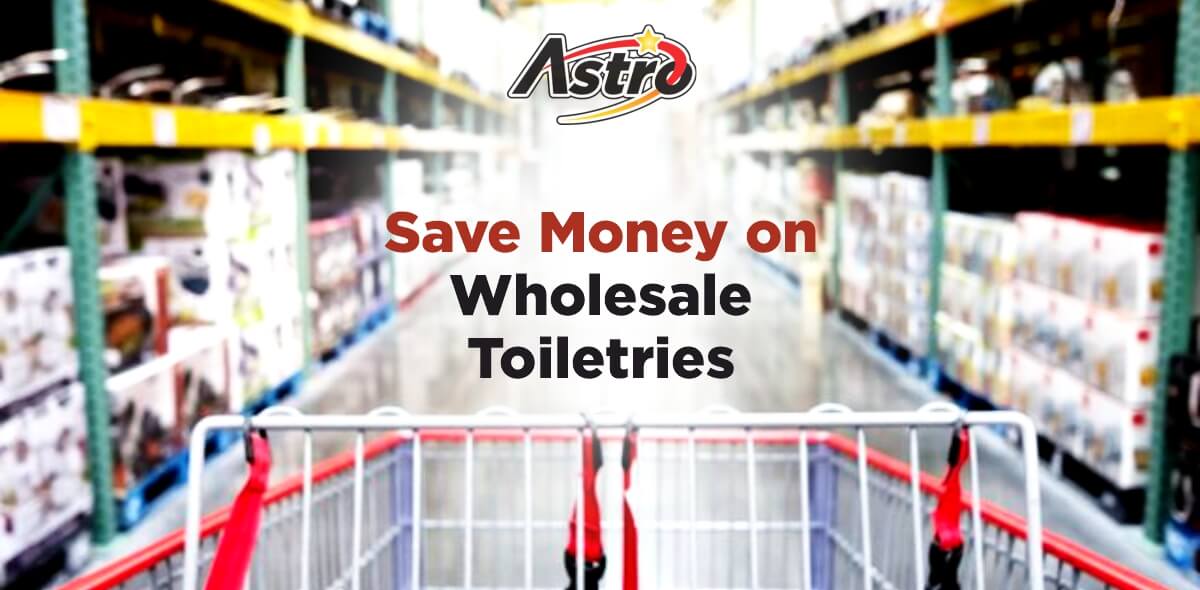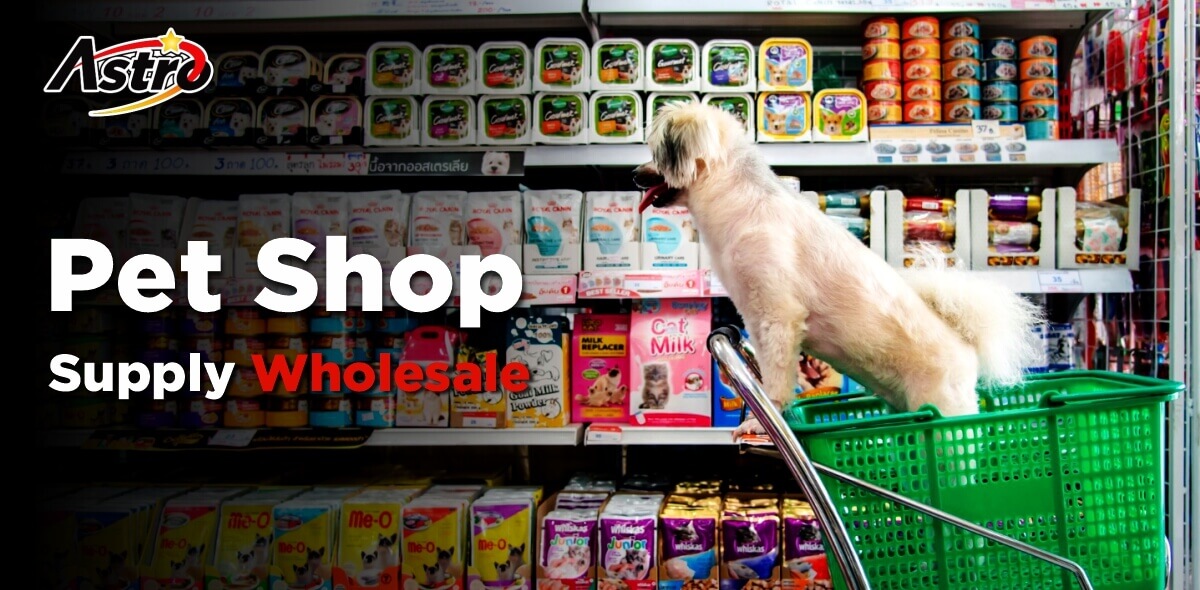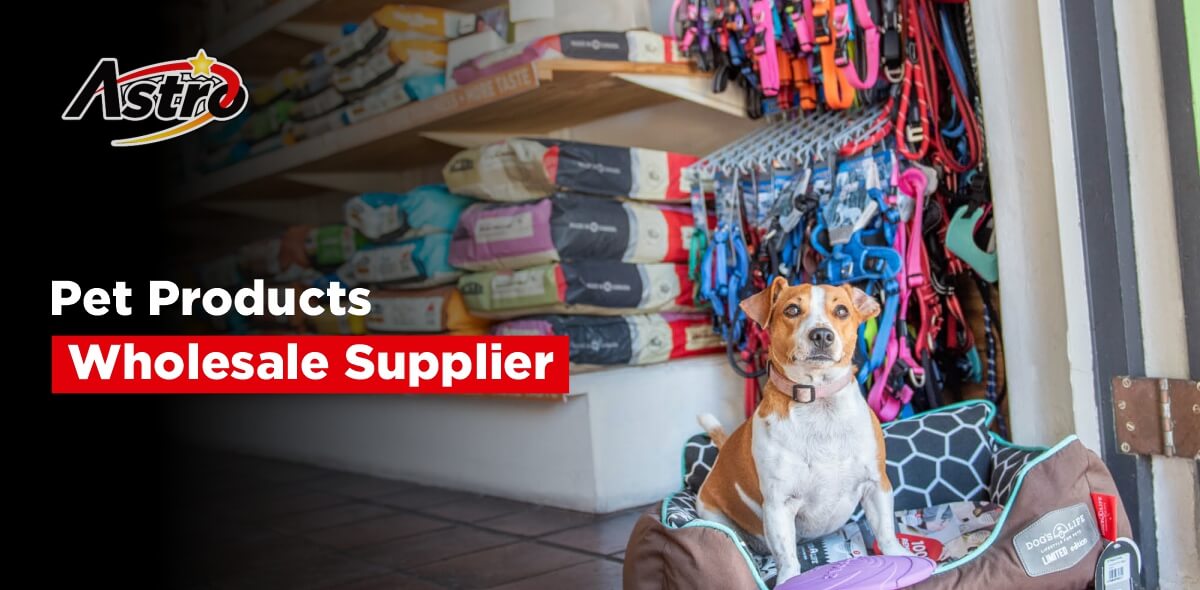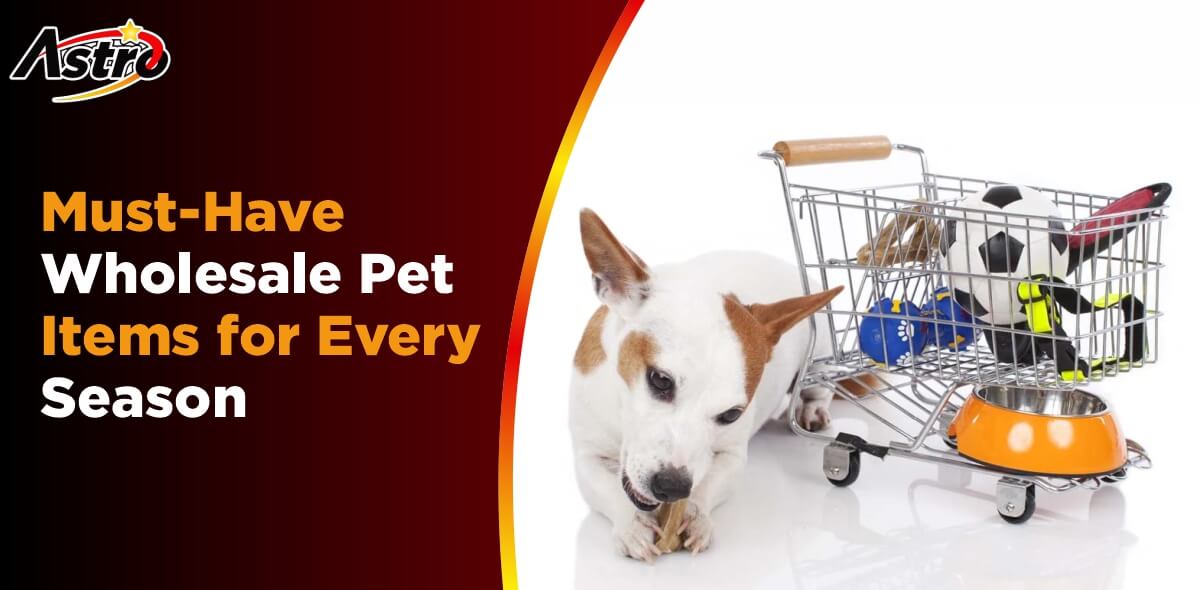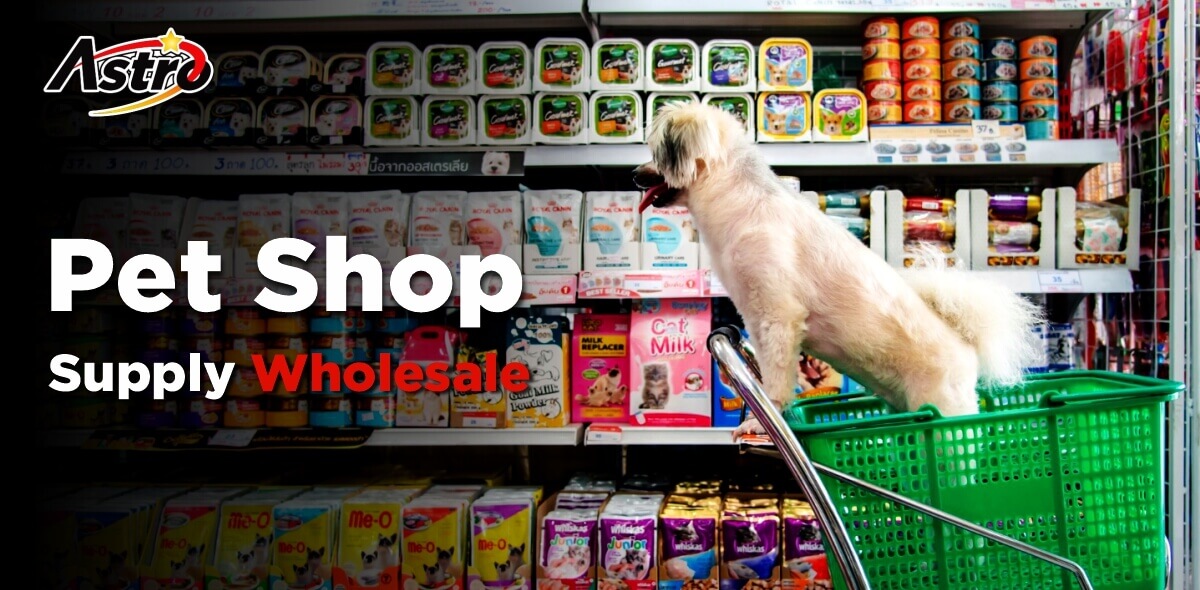Comparing Pet Shop Supply Wholesale Options in 2024: Finding the Perfect Fit for Your Business
Running a successful pet shop not only involves a passion for animal life but also a detailed understanding of the pet supply industry. You should have the ability to establish reliable partnerships with wholesale suppliers. In this write-up, we'll explore the different aspects of comparing pet shop supply wholesale options. It will help you find the perfect fit for your business.
Product Selection With Quality Assurance
Consider the following factors when trying to do product selection for your pet shop.
1. Product Range:
You need to conduct an in-depth analysis of the pet products you decide to offer with pet store wholesale suppliers. Also, consider the variety of products that your customers demand.
2. Quality Standards:
You should have a clear idea about the quality standards you want to maintain. This will ensure customer satisfaction and loyalty.
Customer-Centric Approach
A customer-focused approach can lead to better performance in the following ways.
1. Understand Demographics:
It is a good idea to understand the demographics and psychographic profile of your target market. This way you can tailor your product selection accordingly.
2. Customer Feedback:
Gathering customer feedback from your existing customers will help you identify gaps and preferences in the current products you are offering.
Budgeting for Success
A well-thought budget can save costs in the following ways.
1. Establishing a Budget:
Decide on a realistic budget for your wholesale purchases.
2. Balance Quality and Cost:
Look for suppliers who offer a competitive price without compromising on product quality.
Research for Optimal Results
Finding the right pet shop supply wholesaler requires the following steps:
1. Online Platforms:
Explore specialized online platforms and directories that deal with pet industry wholesalers.
2. Check Reviews:
Check customer reviews and testimonials to gain insights into the reputation of potential suppliers.
3. Trade Shows and Networking:
It is a good idea to attend industry-specific trade shows and networking events. This way you can build personal rapport with potential suppliers.
4. Nurture Relationships:
Utilize networking opportunities to build relationships with wholesalers. You also need to gain a deeper understanding of their operations.
5. Seek Referrals:
Use the power of word-of-mouth to seek recommendations from pet shop owners. You may also contact veterinarians or industry professionals.
6. Recommendations Through Peers:
Recommendations from peers often come with valuable insights about a supplier's reliable and consistent behavior.
Product Analysis
You need to understand as a retailer if you are supplying the right product in the following ways:
- Quality Benchmarking: Analyze product samples to check the quality against your pre-decided standards.
- Diverse Range: Ensure that the wholesaler provides a diverse inventory to meet your store's unique product requirements.
- Pricing: You need to compare the pricing data of different wholesalers to identify the most cost-effective options.
- Discounts and Promotional offers: Inquire about volume discounts, promotional offers, and any loyalty programs to maximize cost savings.
- Minimum Order Requirements: Evaluate minimum order requirements as discussed by each wholesaler.
- Payment Terms: You need to review payment terms, shipping costs, and return policies. This way you can avoid unexpected financial burdens.
- Reputation Check: Research the reputation of each wholesaler. You may look into any history of product recalls, quality issues, or customer complaints.
- Transparency in Supply Chain: You need to look out for transparency in their supply chain to ensure a consistent and reliable source of products.
Customer Support
Check the wholesalers’ customer support team to understand their ways of working so that you know how to negotiate.
- Access: Assess the responses and accessibility of the wholesaler's customer support team.
- Resolving Issues: Check the effectiveness of customer support in resolving issues promptly and efficiently.
Relationship Building
As a retailer you need to be in regular communication with the wholesaler because:
- Negotiate: Engage in fruitful negotiations by focusing on favorable terms, pricing adjustments, and mutual benefits.
- Regular Communication: Maintain regular communication to stay informed about product availability, discounts, and future promotional offers.
- Customized Solutions: Seek customized solutions that support the unique requirements of your business.
- Establishing Clear Communication: Set up clear lines of communication with your selected suppliers.
Fostering Long-Term Partnerships:
Try to build a long-term relationship with the wholesaler because it pays in the long run.
- Build Trust: Aim for trust in long-term partnerships with wholesalers who align with your business values.
- Loyalty Pays: Recognize that loyalty often leads to better terms, better support, and exclusive offerings.
Final Thoughts
In the ever-evolving arena of the pet supply industry, selecting the right pet supplies wholesale partner is a difficult and strategic process. You need to conduct a detailed assessment of your business needs. Thoroughly research potential suppliers, and check your options before finalizing anything.
Also, master the techniques of negotiation and relationship building. This way you can get partnerships that contribute significantly to the success and growth of your pet shop. As the pet industry keeps changing, you need to continuously re-evaluate your supplier relationships. This way you can ensure that they remain focused on your business goals and different market trends.
